CAA places ban on carrying naswar in flights
Decision taken after all Gulf states listed the powdered tobacco snuff as illegal drugs
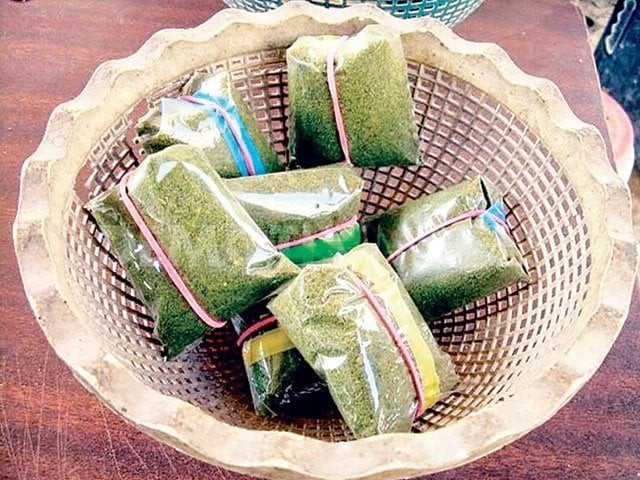
All Gulf states have listed the powdered tobacco snuff as illegal drugs. PHOTO: FILE
A notification was issued on Saturday to all airports across the country in this connection.
Carrying naswar would also be considered a crime if recovered from luggage of any Hajj pilgrims, according to the notification.
Meanwhile, banners inscribed with warning against carrying naswar while travelling by air have been placed at all airports of the country. Information on how all Middle East states had listed the tobacco product as banned drugs.
Naswar, smoking banned in K-P educational institutions
Any passenger caught with the substance in the Gulf nations would face strict action in accordance with the recently enacted laws, read the panaflex banners.
Last year, officials of Pakistan Mission in Iraq had advised Pakistani nationals travelling to the republic to not carry naswar as many carrying the tobacco snuff were arrested in the Middle Eastern country.
The arrests were reportedly made at airports for carrying naswar, mostly used by Pashtuns, after the Iraqi officials considered it something used as drugs.
Officials, privy to the development, had said that some people, while pretending to carry naswar, in fact carried drugs.
Pakistani visitors advised not to carry naswar to Iraq
A huge number of Pashtuns in or outside Pakistan use naswar as addiction and those living in Gulf countries for job, carry naswar from Pakistan or sometimes, prepare it abroad. The market of naswar in Khyber-Pakhtunkhwa is estimated at around Rs6 billion annually.
Besides K-P, the tobacco snuff is also used by people in Punjab, Balochistan and Sindh since a huge number of Pashtuns live in other parts of the country with almost 80% of the production is traced back to Lakki Marwat, Bannu and Dera Ismail Khan districts.


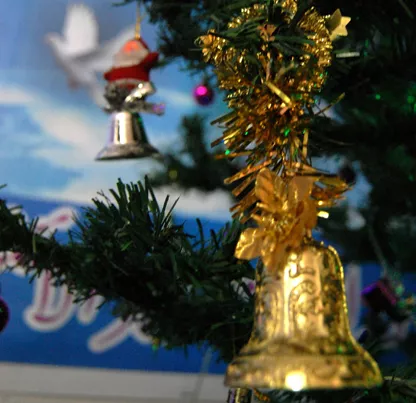

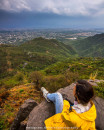
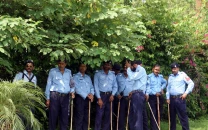
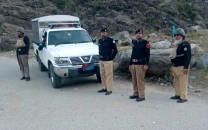



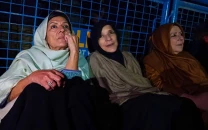







COMMENTS
Comments are moderated and generally will be posted if they are on-topic and not abusive.
For more information, please see our Comments FAQ